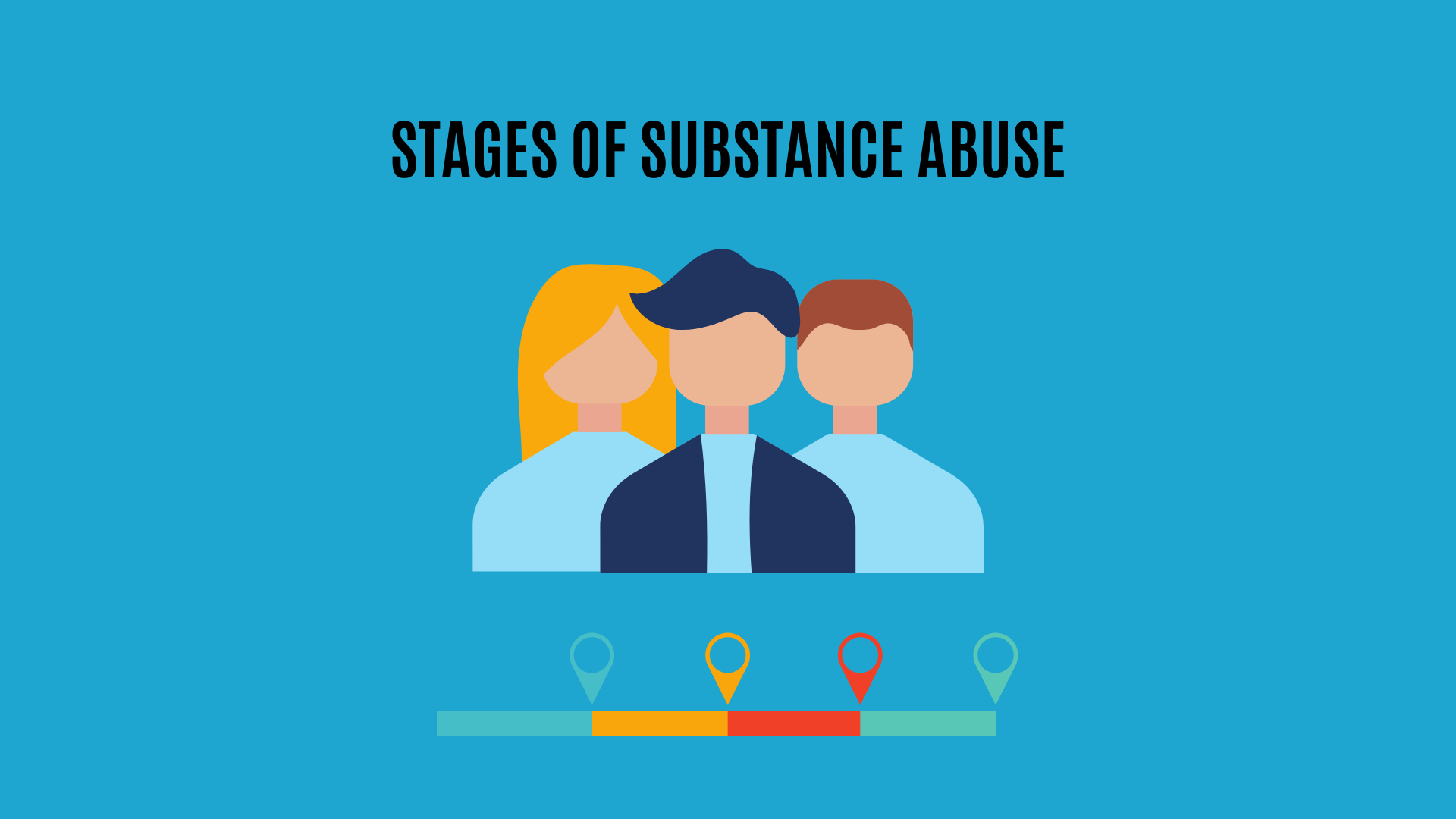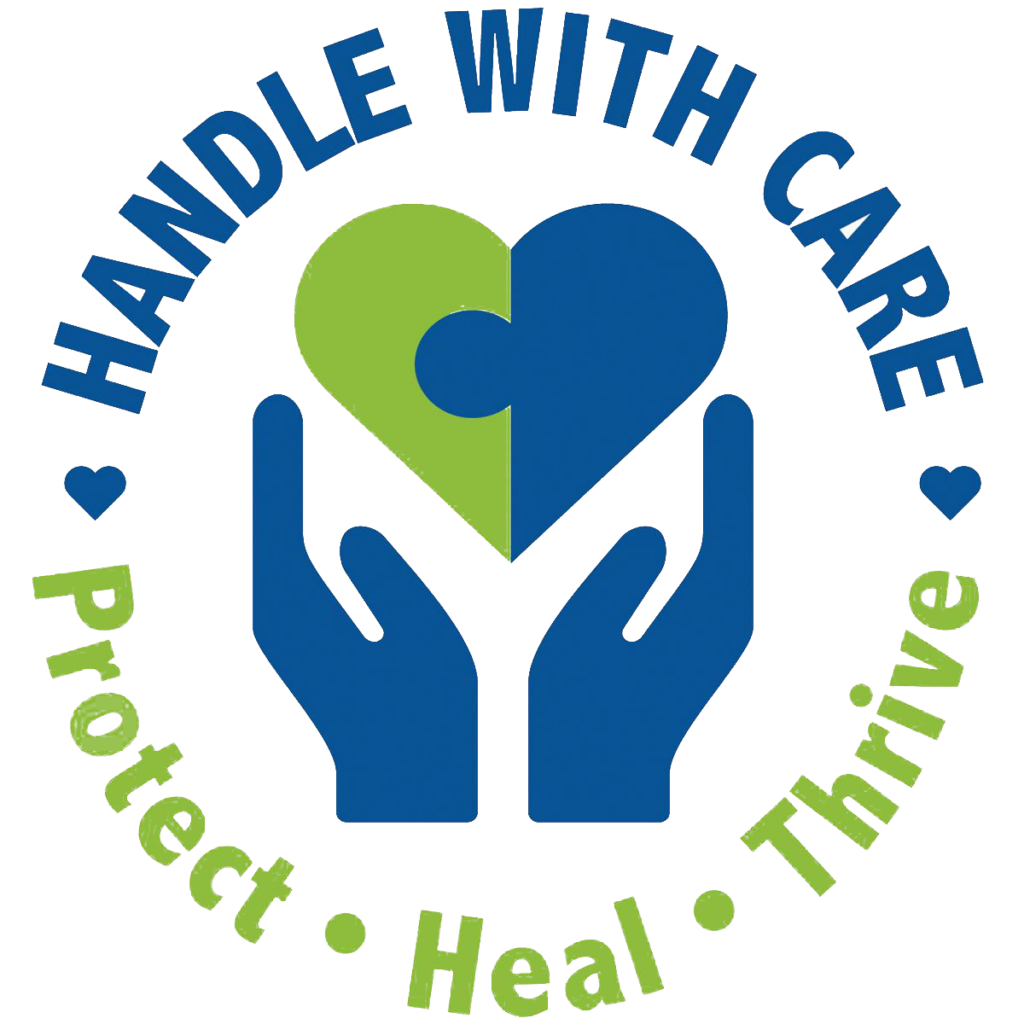
Stages of Substance Abuse
People who become addicted to drugs or alcohol typically go through predictable stages of abuse. Understanding these stages can help you recognize a problem and seek help before substance use becomes a dependence.
Experimentation
Alcohol or drug use starts with experimentation or voluntary use. In this stage, the use is infrequent and, in the case of teenagers, the substance is usually obtained from and used with friends in response to peer pressure to drink or use drugs.
Older people who start to use drugs or drink heavily often do so in response to problems in their lives, such as losing a spouse or a job.
Some people in this stage are able to stop using by themselves. Others, however, who believe their substance abuse is solving their problems or making them feel better begin drinking more alcohol or taking more drugs, thereby moving on to regular use. Young adults under 25, are at a much higher risk due to the stage brain development.
Regular use
This stage is characterized by use on a regular basis. The person may continue to use with friends or acquaintances or may use the substance while alone. Regular use does not have to be every day, but is sometimes continued use in a predictable pattern (every weekend) or in predictable circumstances (when lonely, bored, or stressed).
Risky use
During this stage, the user begins to suffer legal, emotional, physical, or social problems. Adults may drink and drive or have problems at work or in their relationships. Teenagers may have bad grades, behavioral problems, a significant change in friends, motor vehicle crashes, or speeding tickets.
Dependence
Someone who is dependent on drugs and/or alcohol will continue to use these substances regularly despite the harm their use is causing, including bodily changes causing altered reactions to the substance.
These are characteristics of dependence:
- Chronic use of alcohol or other drugs that leads to failure to fulfill major responsibilities related to work, family or school
- Repeatedly drinking or using drugs in situations that are hazardous, such as driving
- Development of increased tolerance to use, meaning more of the drug or alcohol is needed to have the same effect
- Withdrawal symptoms if a person cuts back on use
Addiction
At this stage, substance use is compulsive and out of control. Addiction is a medical condition involving psychological and physical changes from repeated heavy use of alcohol, other drugs or both. The primary symptoms of addiction are uncontrollable alcohol or other drug craving, seeking and use. If you or someone you love is using drugs or abusing alcohol, seek help from a health care provider or substance abuse professional.

